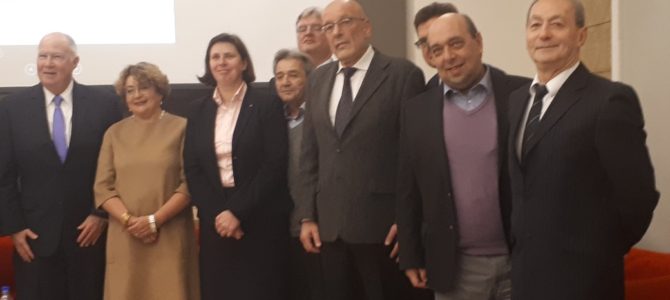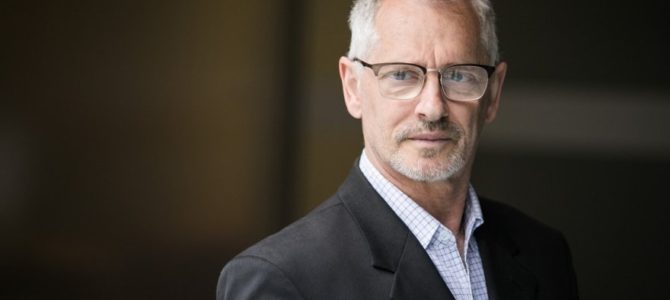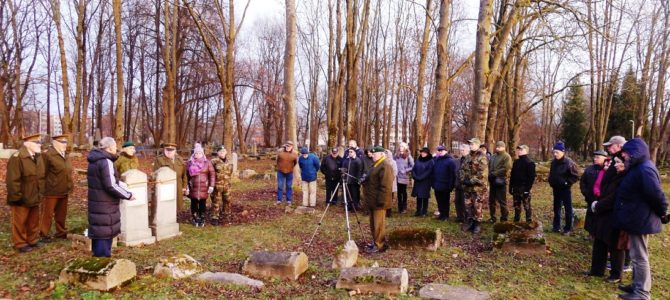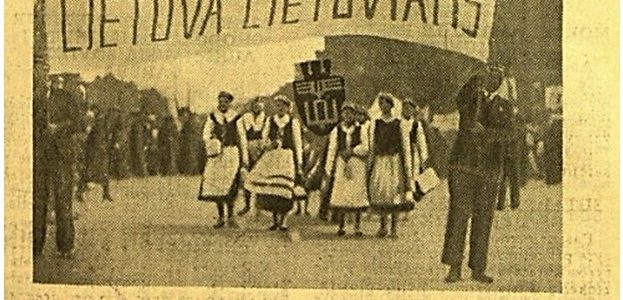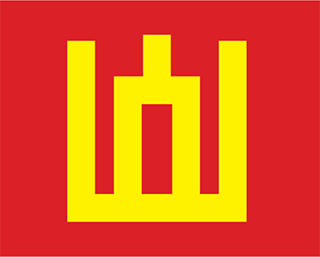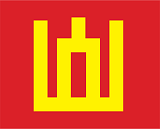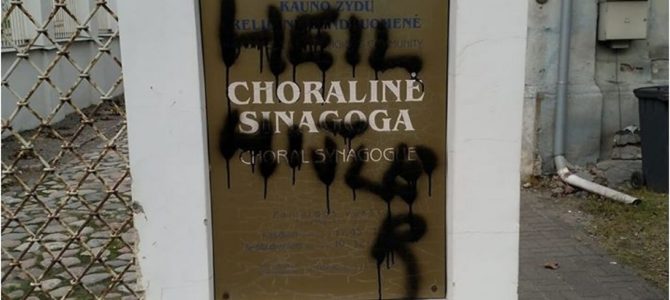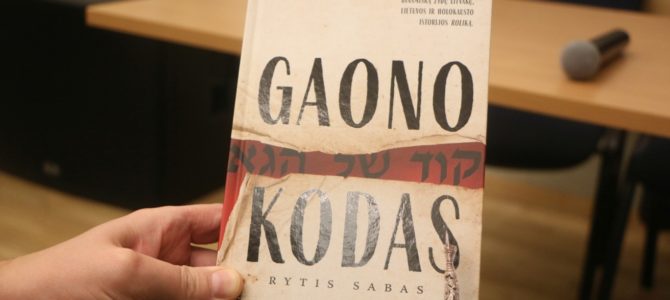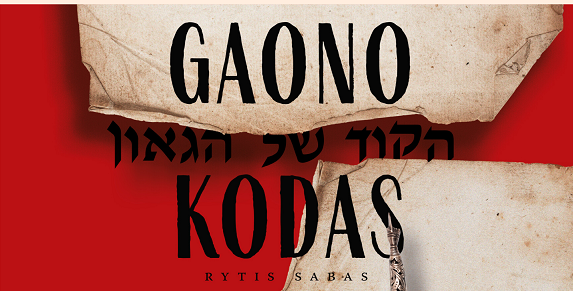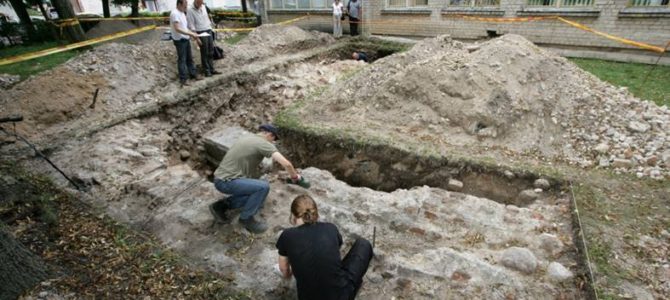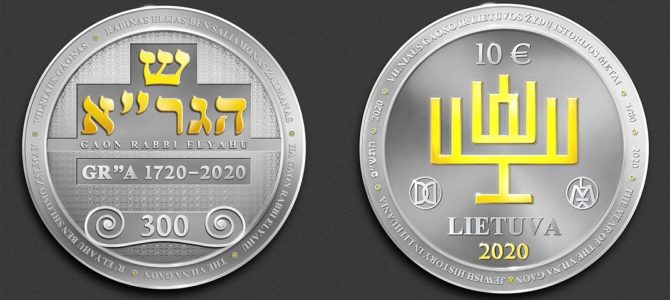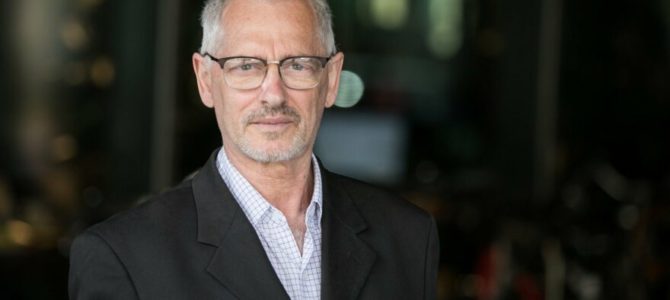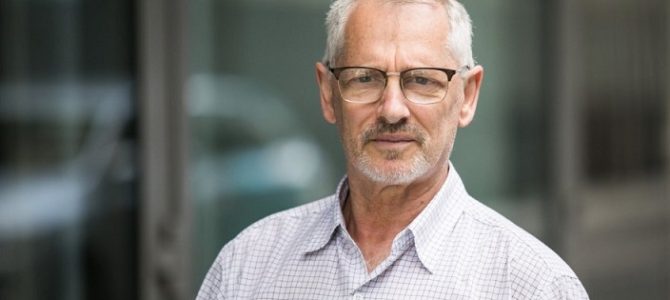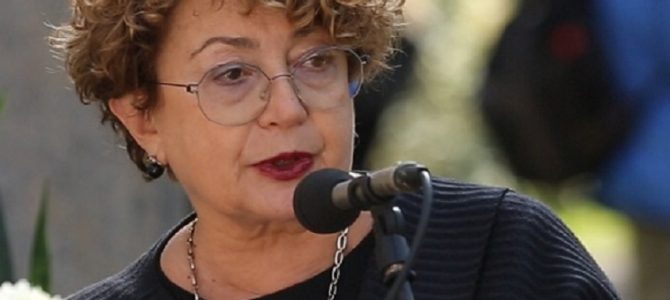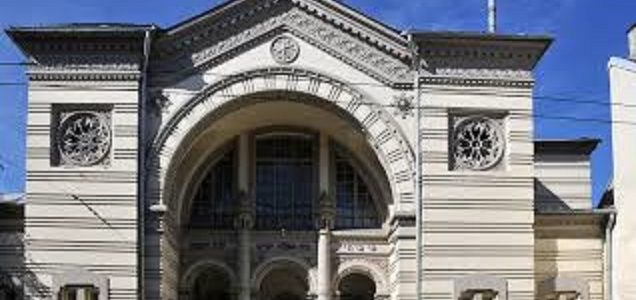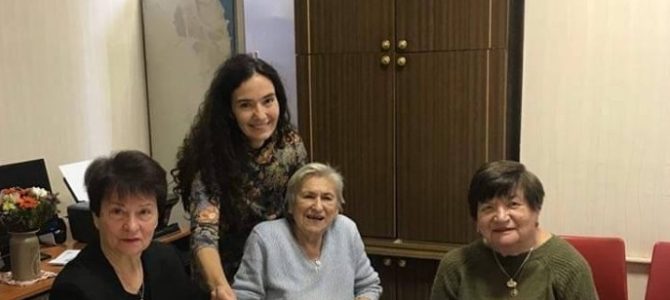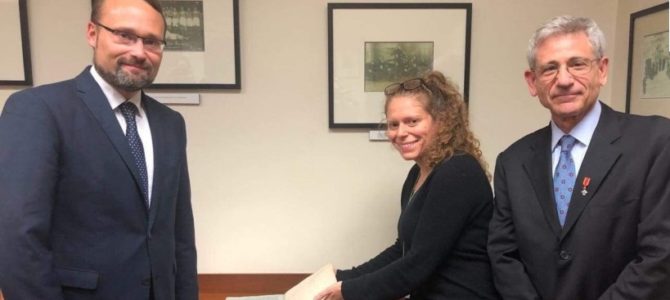Wednesday, December 4, 2019–European Jewish Congress president Dr. Moshe Kantor praised the French National Assembly’s decision adopting the IHRA working definition of anti-Semitism and recognizing explicitly that this includes hatred against the state of Israel as a Jewish state.
“We applaud this decision because it is logical and important,” Dr. Kantor said. “Anti-Zionism is almost always just a mask for hatred of Jews and Jewish collectivity and is just the most modern manifestation of the oldest hatred.”
“In the past, anti-Semites used religious, racial and ethnic slurs, and now they use national. Anti-Zionists co-opt all the worst antisemitic libels and motifs throughout history against Jews and merely reapply them to the Jewish state.”
The motion passed with 154 in favor and 72 opposed in the parliament’s lower house. It was proposed by lawmaker Sylvain Maillard of La Republique en Marche, president Emmanuel Macron’s centrist party.



